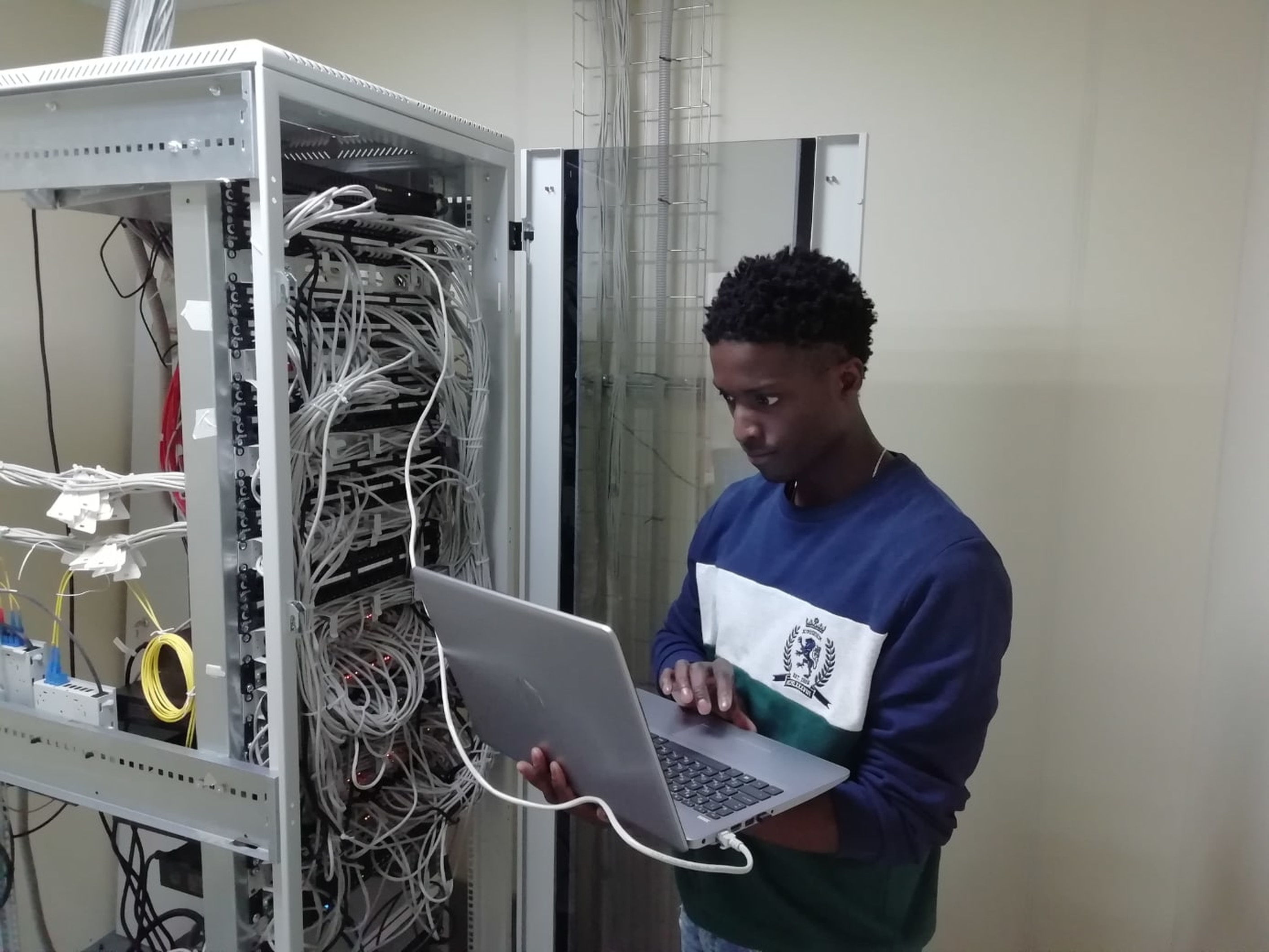The festival of Web namelessness can be viewed as in opposition to vote based values.
Arianna Huffington, organizer behind the eponymous Huffington Post, reported for this present week that in no less than a month, the site would stop mysterious remarks. She thinks about that there are too much “savages” (those individuals who namelessly disturb online conversations by making questionable, hostile as well as offending remarks) and thinks about that individuals ought to defend their thought process.
I can’t help but concur, not really on the grounds that I am persuaded that genuine name strategies would lessen the quantity of put-downs (as I recently covered Superception, a Korean trial has shown in any case) yet as an issue of rule.
I believe that anonymity hinders freedom of speech for four reasons:
- What recognizes majority rule social orders from extremist ones is individual, individual personality. While a group is consistently mysterious, an individual puts together their reality with respect to their own character. For this reason authoritarian systems deny any private character to their residents, subsequently denying them any singular presence. A person (which, etymologically, signifies “one and unbreakable”) should not have their own raison d’etre; they should be totally at the help of the extremist express that decreases them to a mysterious number. The festival of Web namelessness can accordingly be viewed as in opposition to vote based values.
- Web secrecy is additionally in opposition to the right to speak freely of discourse since discourse isn’t free on the off chance that it is unknown. Unknown discourse is the way nonconformists articulate their thoughts in dictator systems where, definitively, they can’t talk openly. As it turns out, mysterious discourse gives neither privileges nor commitments. As far as I might be concerned, there is a distinction between the right to speak freely of discourse and opportunity of assessment: One can namelessly appreciate opportunity of assessment yet not the right to speak freely of discourse. To be spoken openly, assessments should be embraced by a person.
- I have always considered the use of anonymity as a sign of cowardice. People use a pseudonym to write online what they don’t want to endorse. Has an anonymous mail ever communicated a positive message? That’s why, as stated by travel rental site Airbnb, “anonymity erodes trust.“
- At the point when somebody affronts an individual (as some unknown Web analysts like to do), it by and large is on the grounds that they are not mentally ready to challenge their perspectives. Affront generally mirrors a deficiency of thought. In such manner, it is dumbfounding that those unknown analysts who affront the personality of others don’t embrace their own character.
In any case, there is something like one circumstance in which Web secrecy is important (it was outstandingly featured by Mathew Ingram in this article). Namelessness is a should use for individuals who are survivors of any sort of misuse – this present circumstance doesn’t just occur in tyrant systems – and don’t get the opportunity to practice their right to speak freely. Genuine name strategies ought to furnish them with a method for communicating their thoughts

